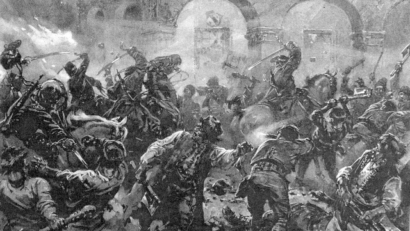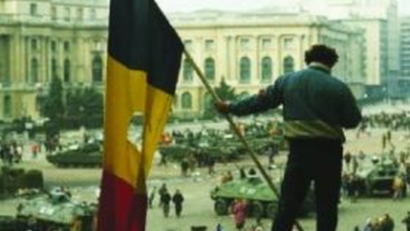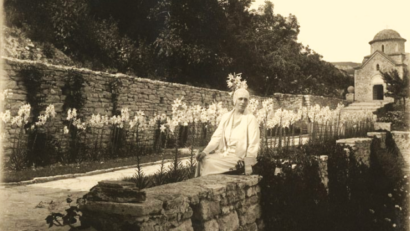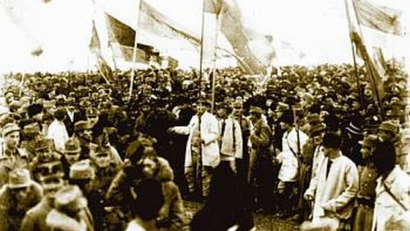
The Ottoman Empire, in full offensive in Central Europe in the second half of the 17th century, was a conduit for Greek and Middle Eastern culture.

The 1972 the Helsinki Conference was the first conference to cover Europe as a whole after about 20 years of division.

A few months after German troops pulled out from Romanian territory, the Romanian armed forces were operating alongside its new allies in Hungary and Czechoslovakia.

Considered to be the last large scale popular revolt in Europe, the Peasant Revolt of 1907 started in northeastern Romania.

The 'Samizdat', which was a key form of dissident activity across the Soviet bloc, appeared in Romania at a time when all publications were subjected to harsh communist censorship.

Sovietization was a process by which state institutions and the whole of society were transformed by Soviet models. Even though it was a gradual process, it was at times rather speedy.

One of the first Romanian photojournalists was Iosif Berman, considered a groundbreaking artist in photography.

Back in the 1980s Romanias western border witnessed real tragedies that few people know about today.

An overview of how trade unions worked under the communist regime.

An outlook on FSN, the most important party in Romania in the early 1990s.

In March 1945, the Petru Groza government, controlled by the Communist Party was installed to power, under Soviet pressure. Before 1989, the communist regime considered this its founding moment. I

In 2014, Europe celebrated the centennial of the start of WWI, an event that deeply scarred the 20th century.

In the wake of WWII, Romanians hoped the Soviets would finally leave Romania and that the Americans would come to put things back on track. This was their only hope for a better future and a firm belief of the anti-communist resistance.

WWI brought about the Entente powers victory and a fundamental change in Europes geopolitical map.

Mihai Eminescu is Romanias national poet, and literary historians consider him one of the fathers of the modern Romanian language.
